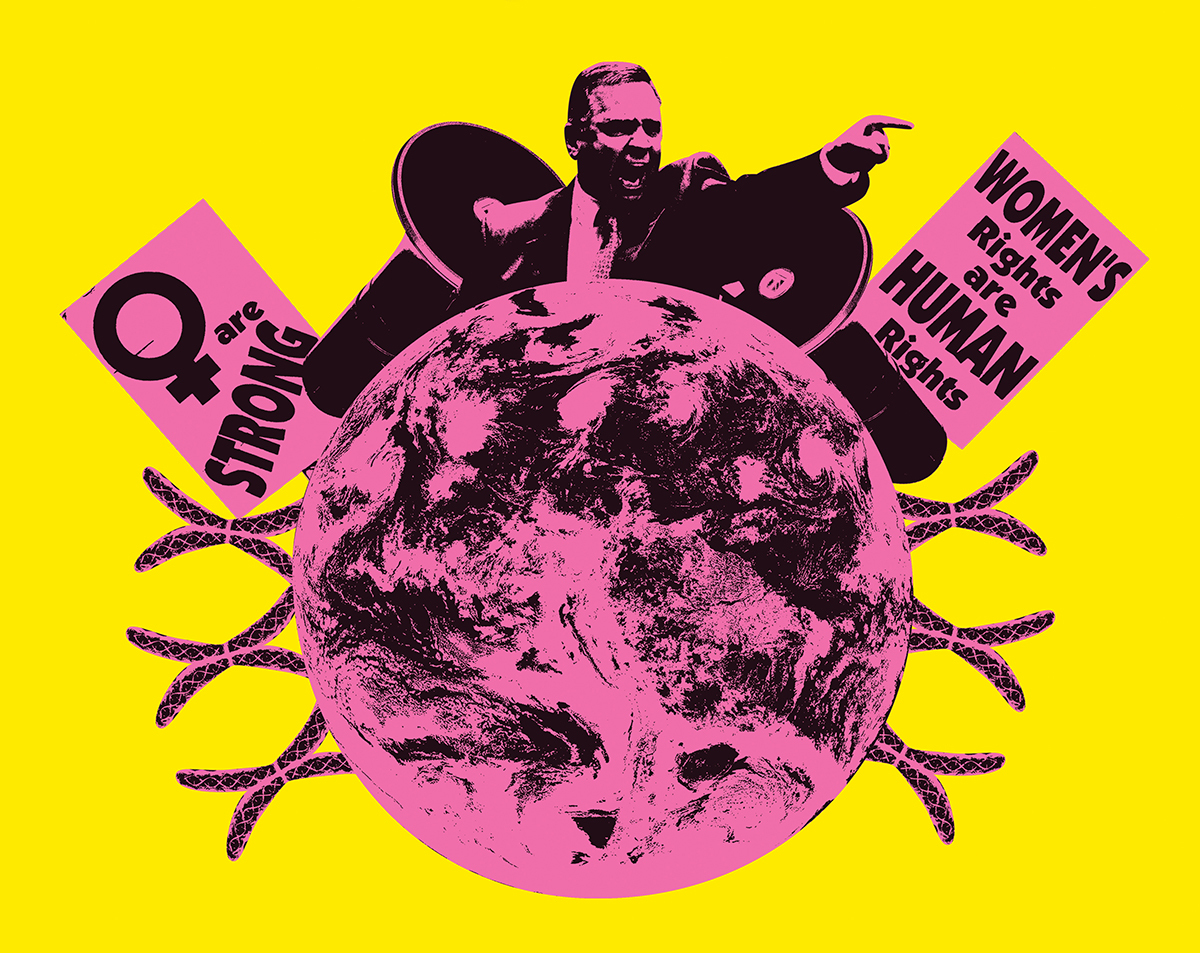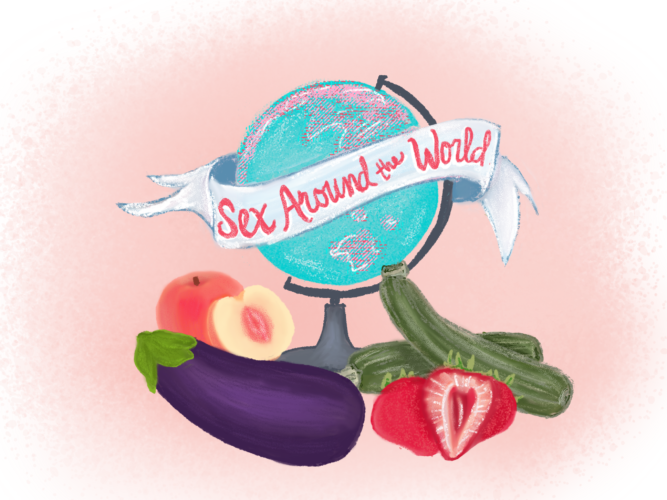East Africa is experiencing the worst locust swarms in 25 years, according to CNN. Locusts swarms this size could cause serious implications for the already depleting food supply in the area.
Millions of locusts have taken over farms in Kenya, Somalia and Ethiopia, feasting on the crops. Farmers have been trying to drive out the swarms with little success; “Even cows are wondering what is happening,” farmer Ndunda Makanga told Time. “Corn, sorghum, cowpeas, they have eaten everything”
According to CNN, locusts swarms are known to the area but are irregular and have been much smaller in the past. Director General of Desert Locust Control Organization Dr. Stephen Njoka said, “This current invasion of desert locust is significantly larger in magnitude and scale than previously experienced in Kenya and across East Africa.”
Heavy rains caused by irregular weather and climate conditions in 2019 are thought to have contributed to the infestation of locusts in the area, according to CNN. Without immediate action, the United Nations predicts rains that typically come in March and last through June could multiply the locusts by 500 times before the rain stops.
The UN said that the only comprehensive way to fight them is $70 million worth of aerial pesticides. Due to the unstable conditions of Somalia, this task will not be easy, according to Time.
The UN Food and Agriculture Organization, known as FAO, said the desert locusts could stay for a long time, traveling up to 80 miles a day. A locust swarm the size of Paris could eat the same amount of food as the entirety of France, according to FAO.
Before the outbreak of locusts, 20 million residents in East Africa were experiencing high levels of food insecurity due to flooding and periodic droughts, according to Time. Farmers are losing crops at a high rate, causing panic.
Locusts do not attack people or animals and are not known to carry any diseases, according to the FAO. Devastation will mainly affect crops, resident of Ethiopia’s Sidama region Buni Orissa said. “The locusts love cabbage and beans. This may threaten the shaky food security in the region.”
The UN said that in history, people and birds have eaten the locusts, but it is unlikely to happen at a rate quick enough to help diminish the population. They have provided recipes using Ugandan seasonings, onions and curry powder to incentivize residents to use the locusts in their cooking.






